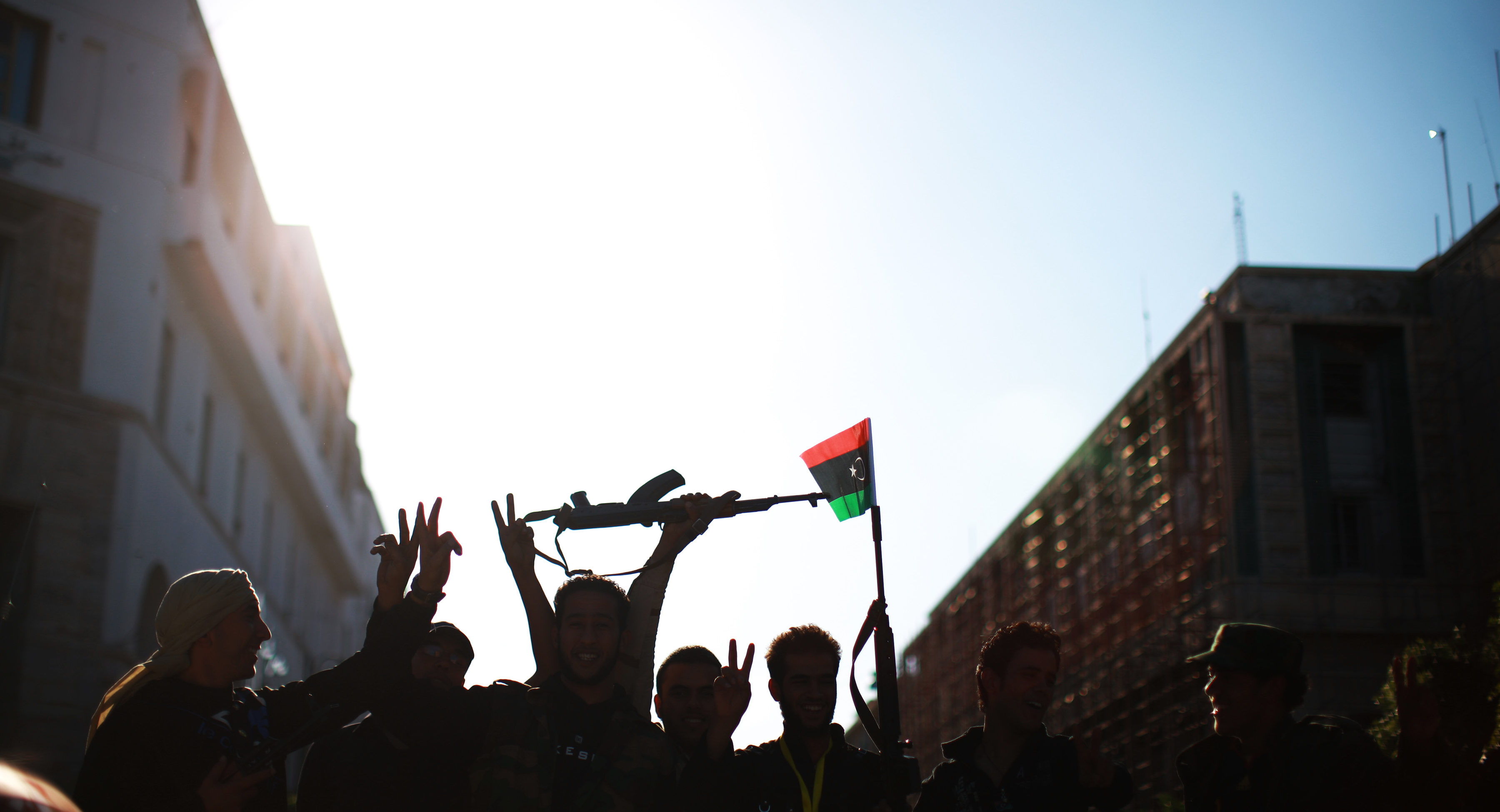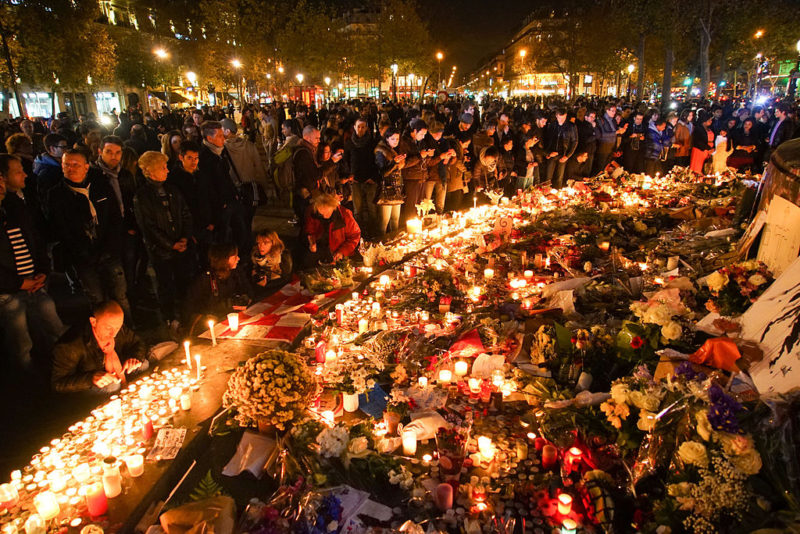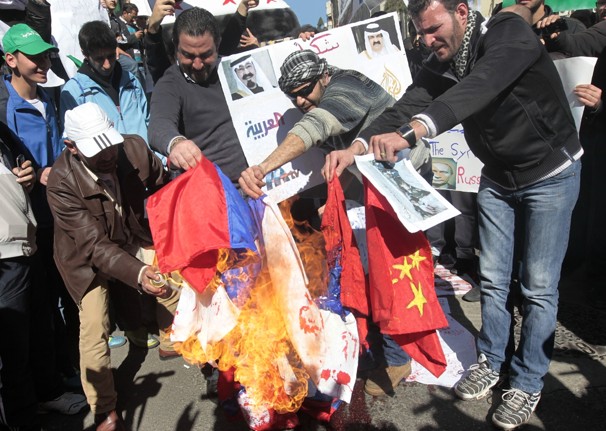Despite the flurry of diplomacy that culminated in the signing of the United Nations-brokered Libyan Political Agreement in December 2015, Libya has continued to struggle with mounting security and political challenges. Noted by Martin Kobler, Head of the UN Support Mission in Libya (UNSMIL), Libya’s Government of National Accord (GNA) still lacks formal endorsement of its authority, a measure which has stalled political reformation and exacerbated security threats.
Currently, the UN supported GNA faces an increasingly fortified protectorate of the so-called Islamic State in the coastal city of Sirte, and also, rampant instability in the country’s east. Notably, General Khalifa Haftar, an ardent anti-Islamist who was appointed head of the Libyan National Army (LNA) in March 2015, has also become problematic through his open defiance of the GNA’s authority. The tumultuous relationship between Haftar and the GNA has further complicated the role of the GNA’s Defence Ministry in creating a central command for a national army. Awash in weapons, hemorrhaging refugees across the Mediterranean, and in lieu of a cohesive security establishment, the GNA is quickly becoming another troubled chapter of post-revolution Libya.
To addresses these challenges, a UN Joint Communiqué was approved on May 16. This communiqué supported an exception to the Libyan arms embargo to provide armaments to the GNA, building the capacity of the Libyan Coast Guard while countering transnational and maritime crime, as well as the creation of the Presidential Guard to implement a unified military.
Faced with these pressing security concerns, NATO is ostensibly the best-equipped multilateral body to assist. With vast resources focused on the security sector, and with a wealth of train, advise and assist experience through years of involvement in Afghanistan – NATO has invaluable expertise to provide Libya. Similarly, through Operation Ocean Shield, formed to counter piracy off the Horn of Africa, NATO has been very effective at naval operations, and it has helped build the capacity of regional navies through Ocean Shield.
Though it can draw on an array of invaluable experience to provide the government in Libya, NATO has struggled to find a role in the country following its revolution. After playing an instrumental role in the Libyan revolution through Operational Unified Protector, what has prevented NATO from taking leadership in Libya, and how can the Alliance promote security to the nation in crisis?
NATO in Post-Revolution Libya
In an April 2016 interview, U.S. President Barack Obama cited the failure to adequately plan for post-revolution Libya as the greatest mistake of his presidency. So-called “day after” planning was significantly lacking, and a multiplicity of issues arose in working with Libya’s post-revolutionary governance body, the National Transitional Council (NTC). Paramount among these difficulties was the lack of robust post-conflict institutions or a peacekeeping contingent to maintain security. With political pressure from the Libyan people, the then newly established NTC was concerned that it would critically undermine its legitimacy by accepting a foreign peacekeeping force. Presented with an initial lack of ground-level support for security sector action, and a number of governance issues within Libya, international efforts stalled and dissipated. Among these efforts was a failed General Purpose Force to be led by the U.S., U.K., Italy, and Turkey, as well as broader U.S. plans to train 6,000-8,000 Libyan troops.
In post-revolution Libya, NATO has committed itself to assisting Libya on numerous occasions, however, support would have to be requested by Libya’s government. The only time such a request was made was under the leadership of the NTC in October 2013 where NATO sent a small advisory team to liaise with officials regarding security sector reform.
Re-engaging in Contemporary Libya
At present, NATO has at best arms length engagement with Libya, though, the Alliance has numerous security interests, including the need to counter violent extremism as well as stem the mass outflow of refugees. Given the varied leadership changes and pressing security concerns Libya faces today, NATO should seek to re-engage with Libya and bolster its role with the GNA in helping Libya face its numerous crises. Though NATO will not be using combat troops in Libya, and the U.S. has refrained from airstrikes on the Islamic State’s stronghold in Sirte, the Alliance can still seek practical engagement with Libya. NATO has no mandate in the communiqué.
The EU will likely take the lead in enforcing the provisions of the Libyan Arms embargo, however, with experience in Operation Unified Protector’s Libyan naval blockade, NATO should ensure cooperation with the EU is maintained to find best practices. Regarding the desire to increase capacities within the Libyan Coast Guard and develop a Presidential Guard, NATO has 23 accredited Centres of Excellence (COEs) in thematic areas pertinent to Libyan security it can task to provide seminars, conferences, strategic concepts, and alike to assist Libyan authorities. To facilitate this, NATO should actively seek dialogue with the GNA, and when asked for assistance, provide a more robust response to assist in an advisory capacity. Ultimately, NATO’s absence of action will be contingent on the GNA and authorization of the international community; however, this does not prohibit NATO from enhancing its posture towards Libya and the GNA.
Photo: “A silhouette of crowds raising guns and Libyan flags” (2011), by United Nations via Flickr. Licensed under CC BY-NC-ND 2.0.
Disclaimer: Any views or opinions expressed in articles are solely those of the authors and do not necessarily represent the views of the NATO Association of Canada.




